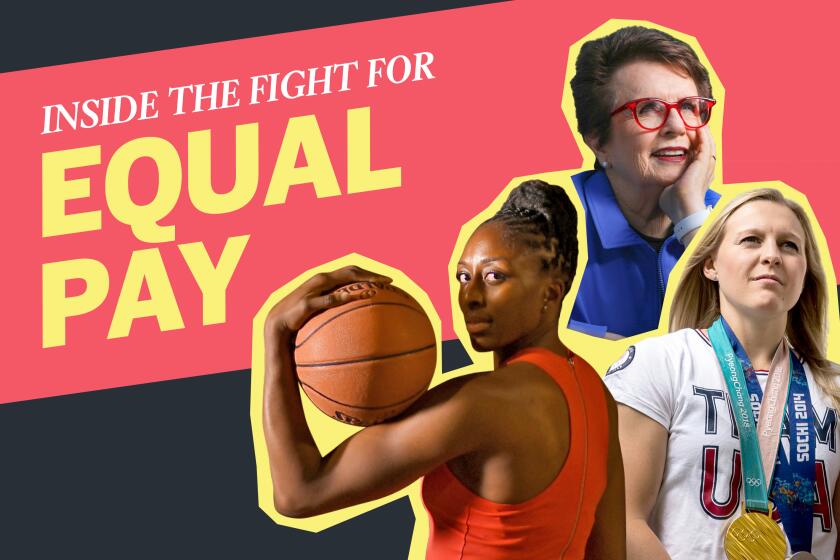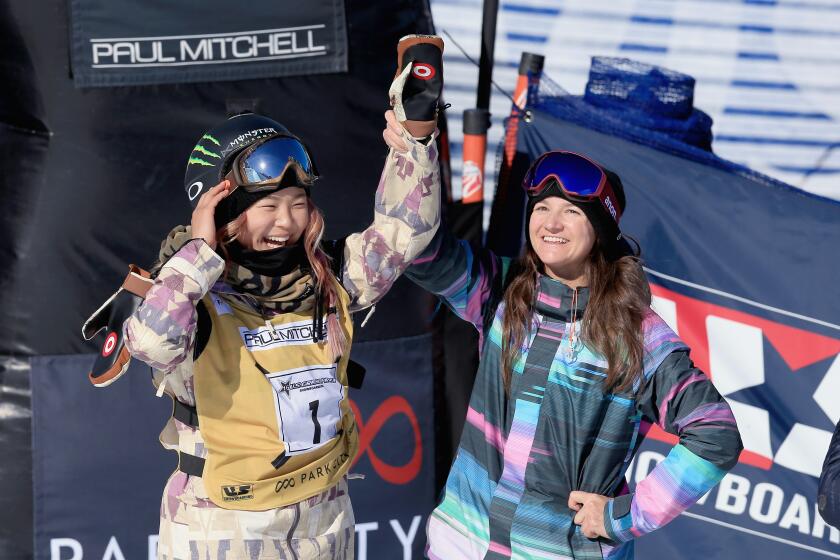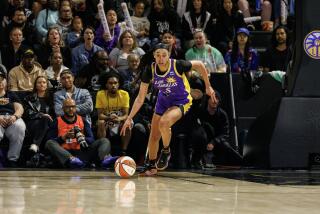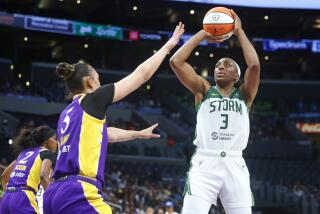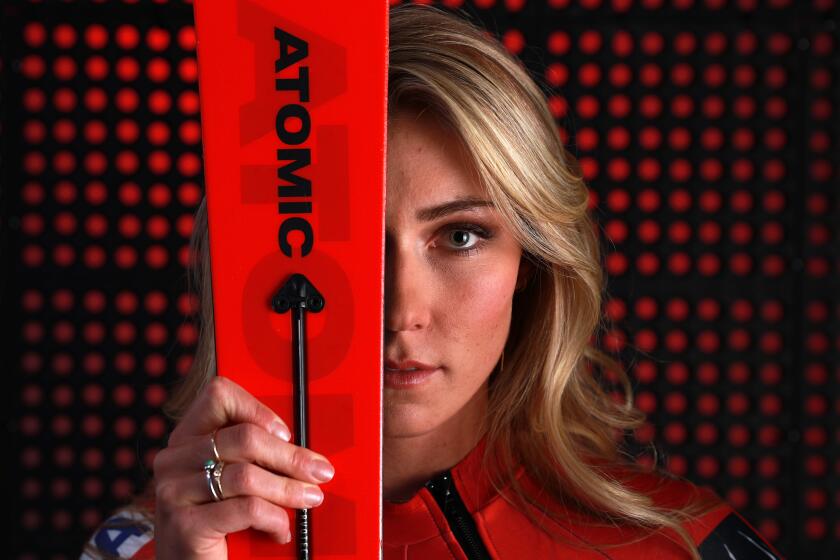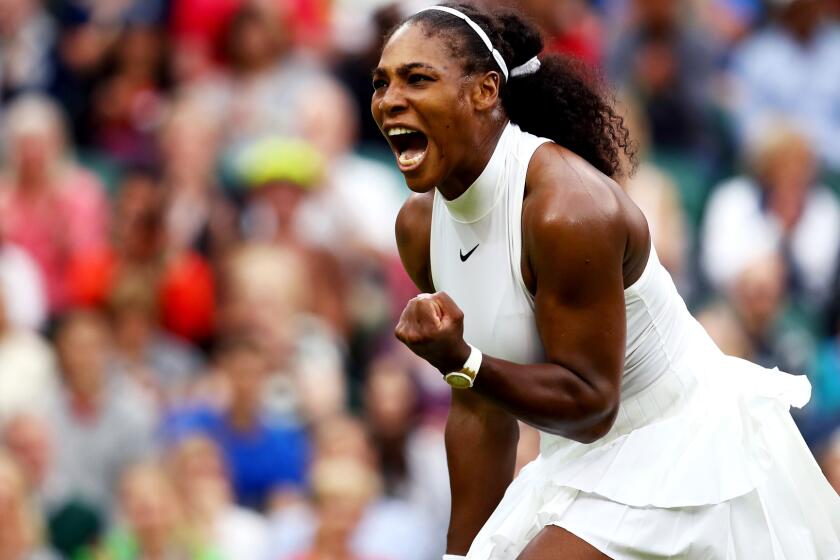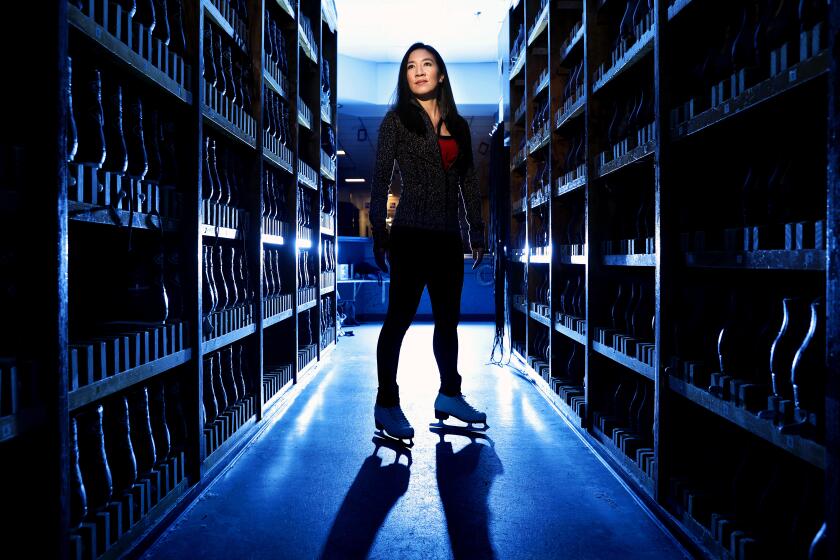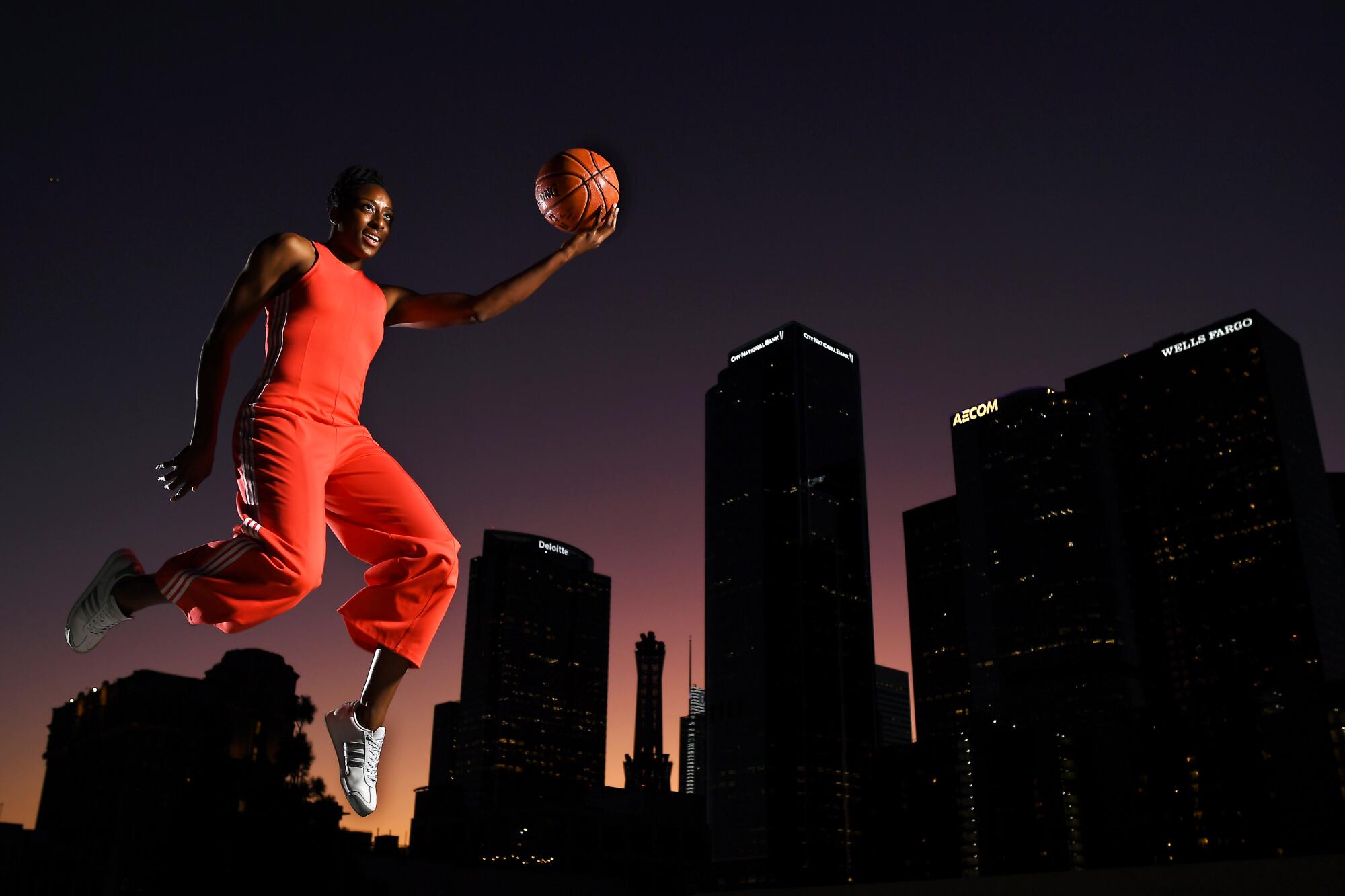
When Nneka Ogwumike was a child, whenever anyone asked her what she wanted to be when she grew up, her answer came easily.
“Doctor.”
“Nigerian culture, it’s like doctor, lawyer, engineer,” she says. “Out of those three, pick one.”
Growing up, she just assumed that “doctor” was the best fit. At Stanford University, she looked into continuing her studies to become a physician. But that was not to be Ogwumike’s path. Instead, the Sparks drafted her first overall in 2012 and she launched into a lucrative basketball career both domestically and abroad, quickly becoming a leader in the league as the president of the WNBA players union.
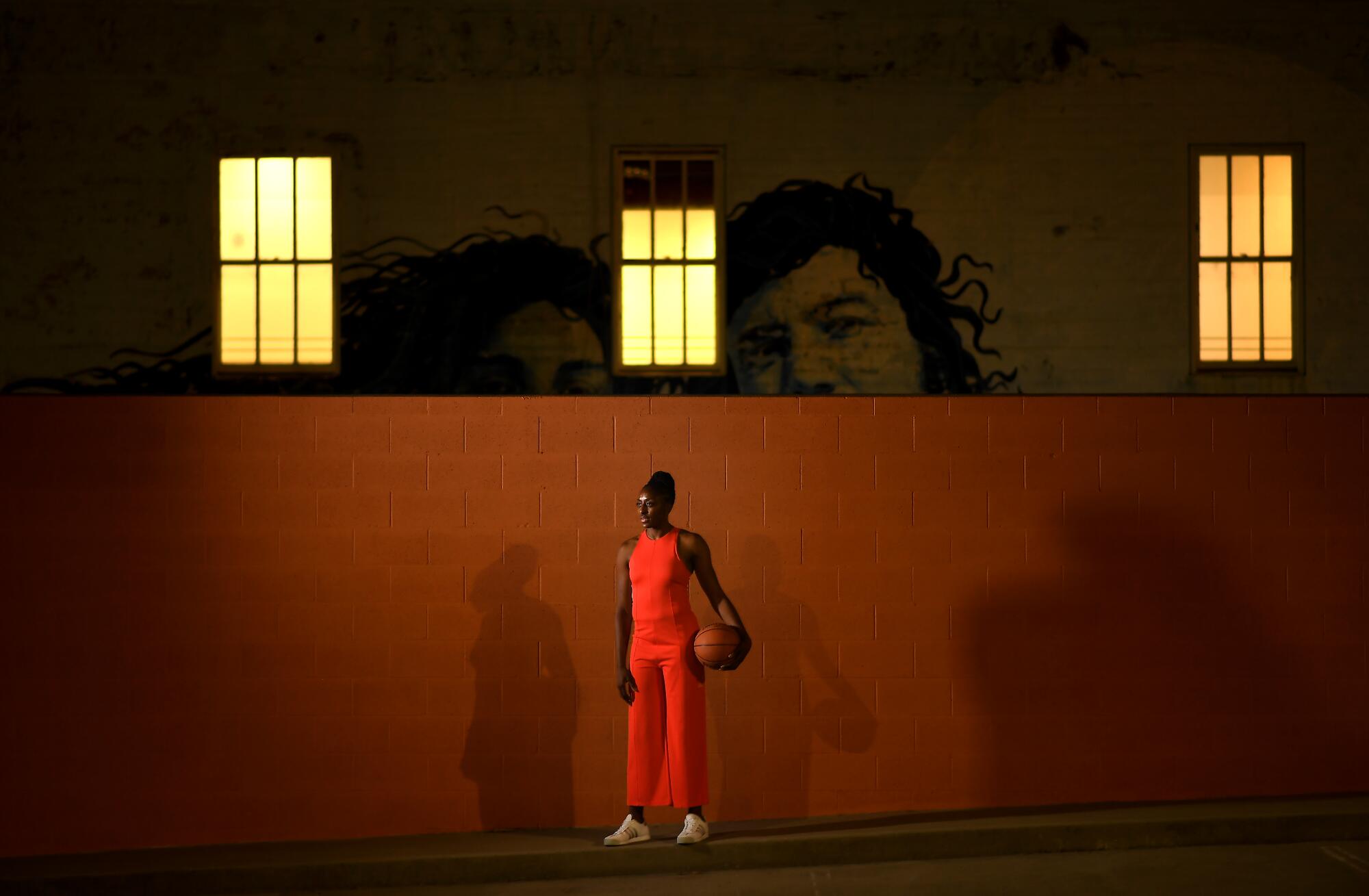
“I’m realizing now that physician may not necessarily accurately represent what I’ve discovered about myself and my professional career,” Owgumike says, chuckling.
As a rookie with the Sparks, Ogwumike, 29, says she was surprised to find that she could make a living playing basketball. And she excelled, becoming the league’s rookie of the year before departing for her first season playing abroad. The former league MVP has never needed to worry much about her paychecks, because of her endorsements and her success playing in Europe But she wants to see a time when women’s basketball players can prioritize the WNBA because the finances make sense.
Her education into what that would take started early.
Ogwumike began her involvement with the union as a player representative for her team, and in 2016, her teammates voted her president of the union.
“It was intimidating because there’s so much about the business of sports that we don’t know as players,” she says. “That kind of opened my eyes to the impact that we can have as individuals.”
As Ogwumike sees it, it’s her job not only to help the women in her league get an appropriate share of the league’s revenue, but also to make sure the league is growing in the right ways.
‘If your dream only includes you, it’s too small a dream,’ Clark says . ‘So I really embraced the idea of becoming a mentor.’
In January, the players union and the WNBA announced an eight-year collective bargaining agreement, with increases in player salaries and landmark benefits for motherhood and family planning. The league said the average annual player compensation — salary, bonuses, exhibition winnings and marketing revenues — would approach $130,000.
“I think I’ve always kind of been diplomatic in a way,” Ogwumike says. “I’ve fallen into leadership positions and I’ve found the best parts of myself doing that. I want to be able to walk away as a retired player saying that I did what I could to make the league better.”
